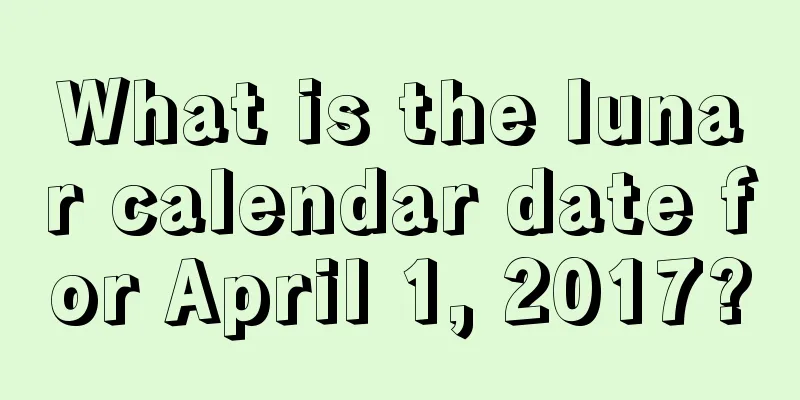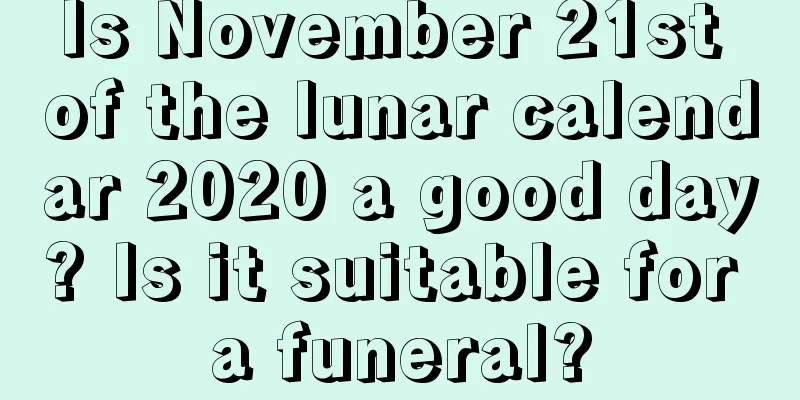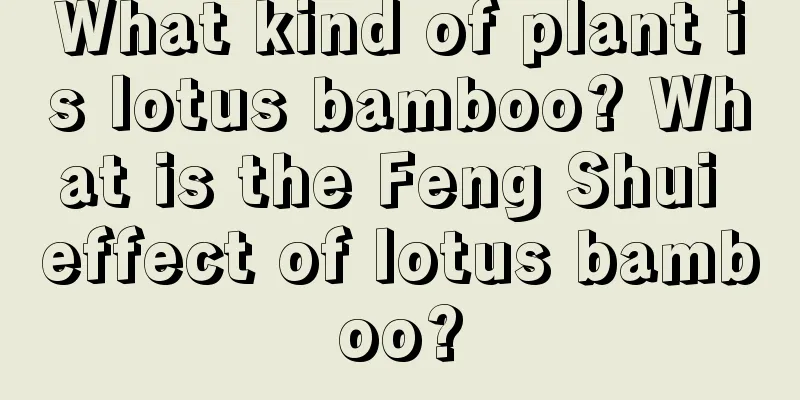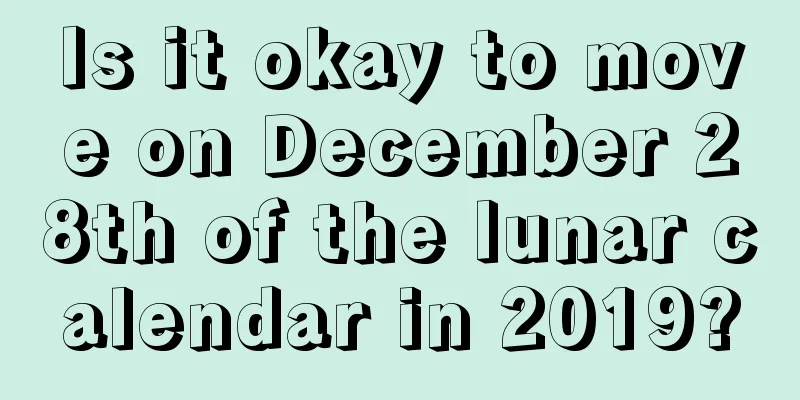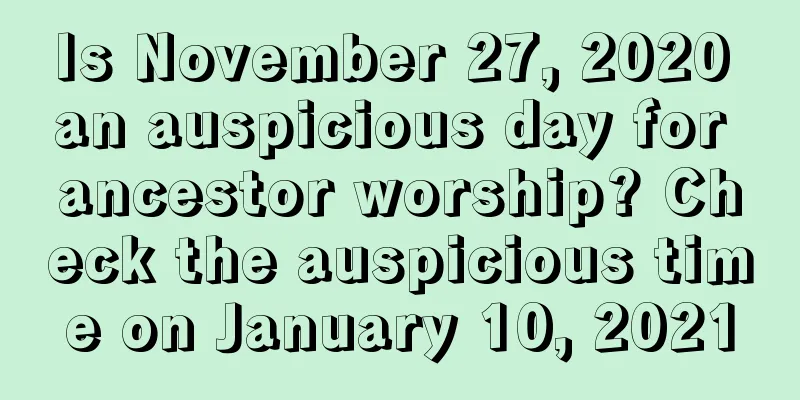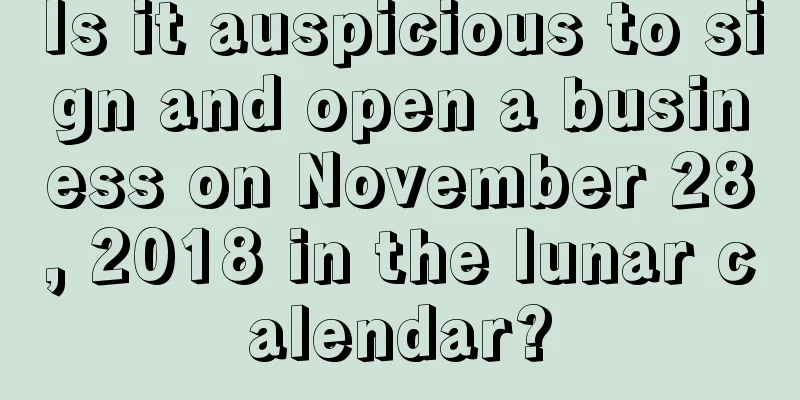Do we have to visit graves to pay respect to our ancestors during the Winter Solstice? What is the significance of visiting graves to pay respect to our ancestors on this day?
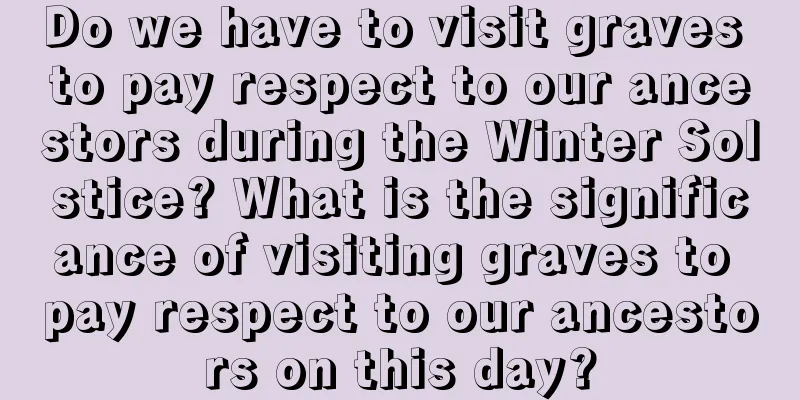
We know that the Winter Solstice is an important festival and solar term. People in different regions will carry out different activities and customs on this day. Do we have to visit graves to pay respect to our ancestors during the Winter Solstice? What is the significance of visiting graves to pay respect to our ancestors on this day? Jiayue is a beautiful name for the eleventh month in the lunar calendar, because the reeds in the winter month will sprout "green heads", so November is called Jiayue. Come and experience the beauty of November 2019 on the lunar calendar with Shuimoxiansheng.com.Do we worship our ancestors and visit their graves during the Winter Solstice?In some places, there is a custom of visiting ancestor graves during the winter solstice festival.【Historical Origin】—— 《1》According to the "Book of Zhou: Spring Officials and Gods", "When the winter solstice comes, sacrifices are made to the gods and ghosts." It seems that the winter solstice sacrificial activities have existed since the Zhou Dynasty. "2" According to the "Monthly Orders for Four Classes of People" of the Han Dynasty, on the day of the winter solstice, millet cakes are used as offerings to worship gods and ancestors. Everyone drinks and eats together, and also wishes blessings to teachers and the elderly. The customs are the same as those on the first day of the Lunar New Year. 【Pray for blessings and eliminate disasters】—— 》The Winter Solstice first began in the Zhou Dynasty. It was a sacrificial activity held mainly to pray to gods and ancestors for blessings and to reduce famine and death in the coming year. After years of evolution, it has become the custom of worshiping ancestors and visiting graves. Popular area for visiting graves on the winter solstice - Chaoshan <br /> Today, visiting graves is mainly popular in Chaoshan. Every year, visiting graves is usually done on Qingming Festival and the winter solstice, which are called "passing spring paper" and "passing winter paper". Generally speaking, the custom of "passing spring paper" should be performed three years after a person's death, and "passing winter paper" can only be performed three years later. But most people prefer to burn "winter paper" because it often rains during the Qingming Festival and the roads are difficult to travel; while the weather is good during the Winter Solstice, making it convenient to go up the mountain for a picnic. What is the significance of visiting the graves and paying homage to ancestors on this day?Different forms and meanings of visiting graves to worship ancestors on the winter solstice . The "Jiangyin County Chronicle" of the Jiajing period records: "On the day of the festival, the portraits of the ancestors were hung in the central hall, and worship and sacrifice were held. The ceremony was the same as that on New Year's Day."In the southern region where the clan system flourished, ancestor worship was often performed in ancestral halls; the Nankang County Chronicles of Jiangxi Province in the Jiajing period stated: "On the winter solstice, ancestors were worshipped in ancestral halls, and tombs were worshipped as on Qingming Festival." 》The custom of worshipping ancestors on the winter solstice is popular in Fujian Province. For example, the Annals of Jianyang County in the Wanli period says: "On this day, the big families worship their ancestors." 》Specially made rice balls are used for ancestor worship in Fujian. In the south, people in the Qing Dynasty usually worship their ancestors at home or offer sacrifices at tombs during the winter solstice, where most people live together as clans. Like Qingming Festival and Zhongyuan Festival, people often worship their ancestors in ancestral temples. ——The origin of the custom of ancestor worship during the winter solstice: The origin of the winter solstice and the custom of ancestor worship were recorded as early as in the Eastern Han Dynasty in Cui Shi's "Monthly Orders for Four People", which said that people would offer millet and sheep to the mysterious underworld and their ancestors. The records of ancestor worship during the winter solstice increased in the Song Dynasty. The "Dongjing Menghualu" said that the capital city attached great importance to the winter solstice festival. On this day, people would change into new clothes, prepare food and drink, and worship their ancestors. "Wulin Jiushi" says wontons were the first to be enjoyed. Ancestor worship during the winter solstice was popular during the Ming and Qing dynasties. ——Winter Solstice: Festival for worshipping ancestors <br /> Winter Solstice has both natural and humanistic connotations. It is not only a natural solar term, but also a traditional festival for worshipping ancestors. The Winter Solstice is one of the eight solar terms of the year. The Chinese nation has a tradition of worshiping ancestors on the Winter Solstice since ancient times to show filial piety and remember one's roots. Due to different customs in different places, the forms of ancestor worship are also different. While offering sacrifices to their ancestors, some places also offer sacrifices to the gods of heaven and earth. The main offerings include three kinds of meat, three kinds of tea and five kinds of wine. |
<<: Is Thanksgiving Day, November 28, 2019, a good time to get married? Thanksgiving Ceremony
Recommend
What about a boy born on September 13, 2022, the year of the tiger? Is your life good?
What about a boy born on September 13, 2022, the y...
Is it a good idea to move house on the second day of the third lunar month in 2019? Can I move into a new home?
It’s March again, the season of colorful flowers ...
Is it good for a boy born on April 28th in 2020? What is missing from the five elements?
Introduction: Children born on different days have...
Is the fifth day of the eighth lunar month in 2017 a good day? Is it appropriate to start construction on renovation?
Introduction: Now that housing prices are rising d...
Can I have a haircut on June 13th of the lunar calendar in 2022? What are the taboos about hair cutting?
The sixth month of the lunar calendar is the hotte...
Is it suitable to start work on the third day of the second lunar month in 2022? Is it an auspicious day?
The second month of spring, that is, the second mo...
Is August 21st of the lunar calendar 2021 a good day? Can the funeral be held?
The quality of a day is different every day, so le...
What are the do’s and don’ts on October 11, 2019?
The arrival of the tenth month of the lunar calen...
Is it possible to move into a new house on the 20th day of the seventh lunar month in 2020?
Is it possible to move into a new house on the 20...
Is it a good fate for a boy born on October 27, 2018 in the lunar calendar and whose zodiac sign is dog?
Introduction: Different lives will be born on diff...
Is May 6, 2020, a good day after the beginning of summer? Can I open my business?
Introduction: Opening a business is also one of th...
Can funerals be held on the Dragon Boat Festival on the fifth day of the fifth lunar month in 2022? Funeral, ok?
Although there are many funeral processions every ...
What is the lunar date for the Mid-Autumn Festival in 2021? How many nicknames does Mid-Autumn Festival have?
The traditional Chinese festival - "Mid-Autum...
Is October 23rd of the lunar calendar in the Gengzi year of 2020 a good date?
What are the good days and bad days in the tenth ...
Is it okay to have a caesarean section on the ninth day of the fifth lunar month in 2021? Is the date suitable?
Farmers have few idle months, and people are doubl...
